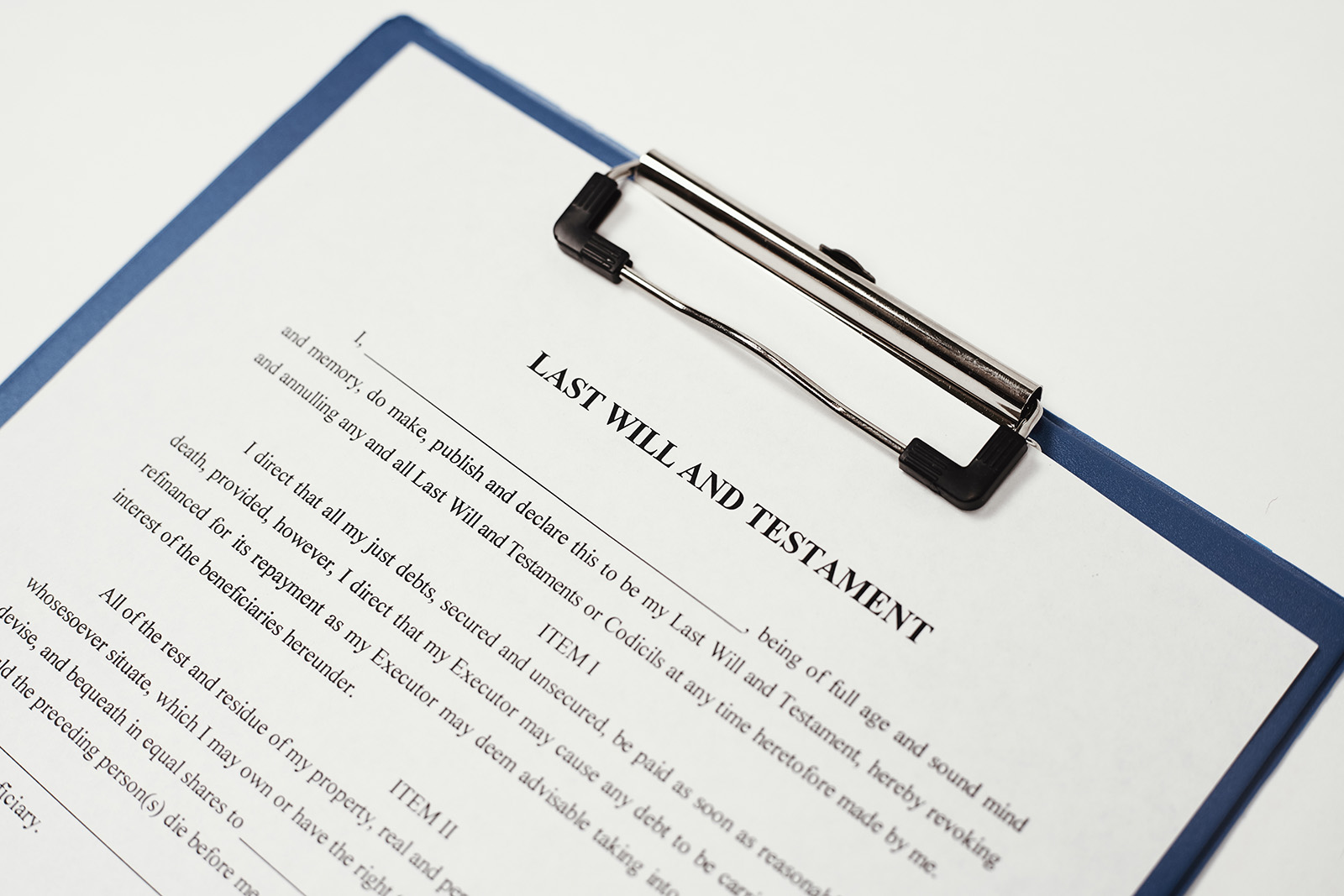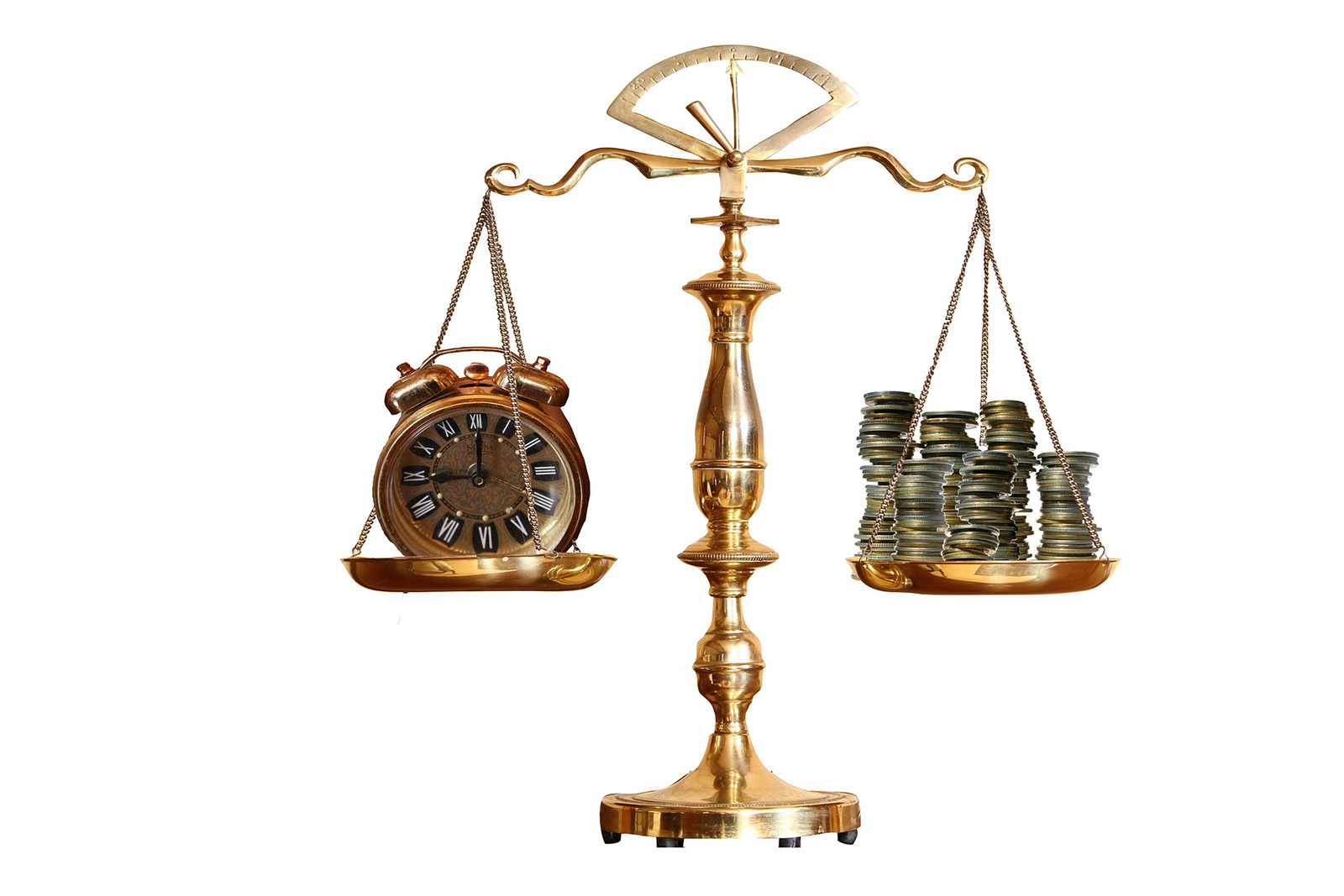What is a Probate Attorney, and Should You Hire One?
If you are the executor of an estate, some duties and deadlines must not be overlooked or missed. A probate attorney can help ensure you fulfill your obligations and help ensure deadlines are met.
Some assets may automatically transfer to the surviving spouse when someone dies, while beneficiaries and heirs may need to wait for probate to conclude before receiving their inheritance. An attorney can help with identifying estate assets that must go through probate and those that may bypass probate.

What is a probate lawyer?
Probate lawyers are also called probates and succession lawyers and they help executors in estate planning and administration navigate probate and inheritance laws. They may also help in estate planning including the drafting of wills or trusts.
Probate lawyers are licensed by the state and can guide you through the complexities of state law.
What does a probate attorney do?
Probate attorneys work with surviving spouses and families to settle the estate of their deceased loved one. As with other types of attorneys, the attorney client relationship keeps sensitive or confidential information private.
A probate lawyer can also help with estate planning, so your assets do not have to go through probate. Instead, the assets of the deceased’s estate can pass straight to the surviving spouse, family members, heirs, and beneficiaries.
A probate lawyer can also represent an heir to an estate (a beneficiary) or a personal representative of that estate or, the estate itself.

When do I need to hire a probate lawyer?
Whether you need legal advice depends on several factors, including how large the estate is, whether the deceased planned their estate and the specifics of state law. Most probate attorneys offer a free consultation to help survivors determine if they need to hire an attorney.
A probate attorney can also help if the deceased does not have a will, which is called dying intestate. In this case, state intestacy laws will dictate how the deceased’s assets are passed to heirs and beneficiaries.
A probate lawyer will know the laws of the states and what steps must be taken before ownership of the decedent’s assets can be transferred. They will also know how to pay debts of the estate, including estate taxes, and whether heirs will need to pay inheritance taxes.

What a Probate Attorney Can Do
A probate attorney can help you, or the executor of an estate:
- Complete all required paperwork and file it with the court within all deadlines,
- Guide you through inventorying and valuation of the estate,
- Ensure all paperwork and documentation is completed properly,
- Identify and manage life insurance policy proceeds,
- Pay the debts of the estate,
- Advise the executor of the estate through their many duties and responsibilities,
- Assist with final distributions to heirs and beneficiaries.
You don’t have to turn everything over to a lawyer–these are the kinds
While you may not have to turn everything over to a lawyer for probate, you should absolutely ensure your probate lawyer knows everything about the estate so they can properly guide you.
Your probate attorney may request information about retirement accounts, life insurance policies, bank accounts, and debts owed to third parties.
A general rule of thumb is that if the asset has a named beneficiary, it may bypass probate. For example, if cash life insurance policies have named beneficiaries, then the life insurance proceeds may not have to be involved in the probate process.
Questions to ask a probate attorney
Some of the most important questions you need to ask your probate lawyer right upfront include:
- How experienced are they in probate law and have they previously handled a case like yours?
- How do they charge for their services?
- Will the attorney personally handle your case?
- How will they handle your case?
- What process will be involved with your specific probate case?
- How will tasks be divided between the attorney and the executor heir or beneficiary?
What Will the Executor and Attorney Each Do?
The executor of the estate and the probate lawyer should work out in the beginning what tasks the executor can do, and what tasks the attorney will be required to handle.
For example, you may not want to pay an attorney to file the final income tax return of the estate, or order the death certificate, put notifications in the newspaper, or have the estate appraised. So, work all these tasks out in the beginning.
What if the Deceased Did Not Leave a Will?
When someone dies without leaving a will, their estate is distributed to the heirs according to state intestacy laws of where the deceased resided, regardless of their wishes. While a lawyer can help ensure the requirements of the process are met, they are obligated to follow the laws of the state, not the wishes of the deceased or their family members.
The court may appoint a family member, attorney, or someone else to serve as the administrator of the estate. A probate lawyer may be able to help the administrator complete their duties.
Who Handles Beneficiaries and Creditors
Whether there is a will or not, the executor or the administrator will handle the beneficiaries and creditors, provided the beneficiaries are not questioning the validity of the will or how the assets are to be disbursed. The probate court will follow the wishes of the deceased if there is a will, or state law if there is no will. An attorney can help in both situations.
Handling Deadlines in the Probate Process
There are numerous deadlines in the probate process, and they must not be missed. From filing for probate to notifying creditors and disbursing assets to beneficiaries, a probate lawyer can help ensure deadlines are not missed, and the whole process is handled properly.

